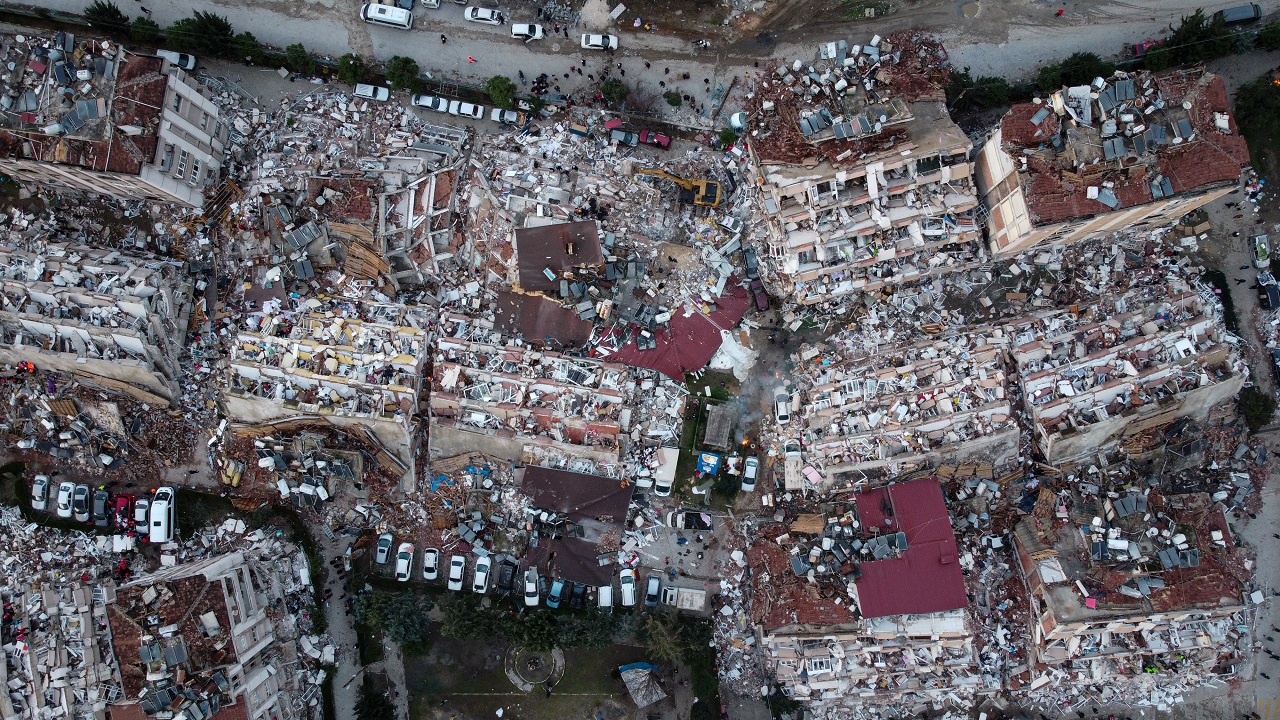As the scale of devastation from the earthquake that struck southern Turkey and Syria becomes clearer and more horrifying by the minute, initial takeaways are already surfacing.
But before I talk about what I believe needs to be done, I wish to extend once more my deepest sympathy and prayers to the people of Turkey, and especially to those who have been affected by the quake. May they recover quickly, and may they never know sorrow again.
Earthquakes are not uncommon in Turkey, including strong ones, though not as strong as the one that struck this past Monday, and its subsequent powerful aftershock. Therefore, it is surprising that Turkey did not take more extensive preventive measures against powerful tremors. Every country that is located in an area that is prone to earthquakes should take this into consideration. Just as Japan imposes strict construction standards that make its buildings much more quake-resistant than almost all other countries, so should every country do if it is located in an earthquake-prone region.
“Establishing an international alliance for dealing with natural disasters can have benefits far beyond the purpose for which it is established. If we leverage the cooperation established in order to save lives during earthquakes and the like, we can begin to foster better and more constructive relationships among all the countries in the world.”
However, there is something that is just as important as imposing construction standards when it comes to saving lives: international cooperation. Member states of the NATO military alliance, for example, are required to meet certain military standards. Once a country becomes a member, the rest of the countries in the alliance are required to help it if it is attacked.
Similarly, there must be an international alliance that mandates all the member states to help one another in case of a significant seismic event. At the same time, members must meet minimum conditions that the alliance will determine as far as building and road construction standards, accessibility and durability of rescue routes, communication and energy infrastructure, and medical services.
Without such an alliance, each country will determine its priorities by itself, and usually, rare emergencies are at the bottom of the list. The problem is that emergencies do happen, and when they happen, the cost of years of neglect is horrendous in human lives, infrastructure, manufacturing, and money. By the time countries realize they should have prepared in advance, it is too late.
“The problem is that emergencies do happen, and when they happen, the cost of years of neglect is horrendous in human lives, infrastructure, manufacturing, and money. By the time countries realize they should have prepared in advance, it is too late.”
Therefore, by forcing its member states to take preventive measures, an international alliance can save thousands, if not tens of thousands of lives, as in the case of this week’s quake. Additionally, the mandatory mutual assistance will guarantee that affected countries do not have to face natural disasters on their own or rely on the generosity of other countries, which is never enough, and often comes with a political price tag attached to it. If neighboring countries are obligated to help because of their membership in an international alliance, such considerations as international relations and other political caveats will not impede the provision of assistance.
Moreover, maintaining an alliance against natural disasters can help foster better relationships that will reflect on other aspects of the countries’ relationships. Enemies do not talk; they fight. But once countries are engaged in an alliance, they communicate regularly and are no longer enemies. On the contrary, they are responsible for one another. Therefore, they can communicate with one another freely and directly, which can help resolve crises in other dimensions of their relationships.
Therefore, establishing an international alliance for dealing with natural disasters can have benefits far beyond the purpose for which it is established. If we leverage the cooperation established in order to save lives during earthquakes and the like, we can begin to foster better and more constructive relationships among all the countries in the world.











